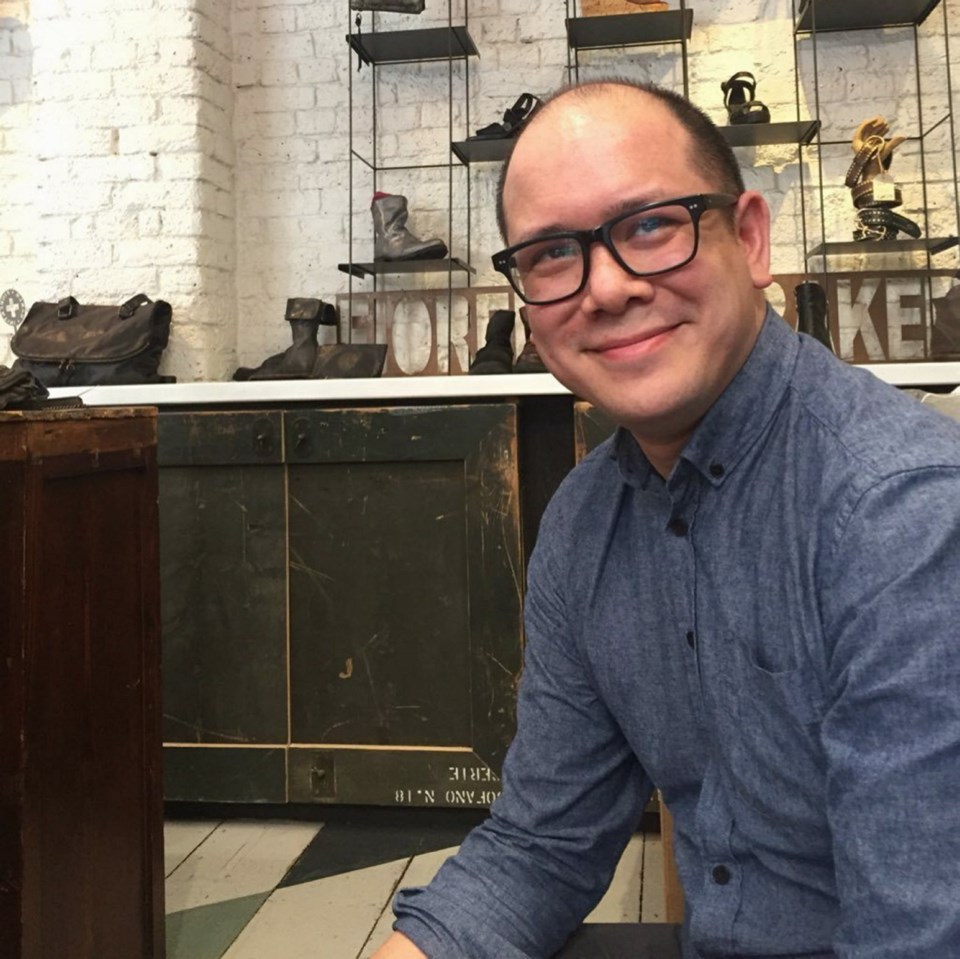A commentary by Jonny Morris, CEO of the Canadian Mental Health Association, B.C. Division, and Maya Russell, director of communications and engagement.
Re: “Nanaimo Mayor Leonard Krog: Send mentally ill to institutions in ‘extreme cases,’ ” Dec. 13.
A recent call to re-open mental-health institutions is understandable when we see people in crisis and distress on the streets. But institutionalization is a failed idea that can strip people of their self-determination and dignity — and it is immoral to do so when we know there are other options. Intensive supported housing is a solution which has been proved repeatedly to work — while respecting human rights and dignity.
Mental illness and substance-use disorder is more visible on our streets
There is no doubt that we see high numbers of people in distress or in crisis, often visibly struggling with serious mental-health or substance-use health concerns, poverty, homelessness and isolation. It is hard to ignore the growth in tent cities, visible homelessness, and members of our communities we see experiencing distress.
For many of us, being a witness to some of the realities of these people’s lives leaves us feeling deeply uncomfortable. When we see more people who are in apparent distress or crisis, it is tempting to blame that on the closure of provincial mental-health institutions like Riverview.
Missing community-based services
But deinstitutionalization and the closure of places like Riverview are not the main source of the problems we are currently seeing in our communities.
Instead, the current situation is the result of decades of failures by our public systems to fulfil the promises of readily available community-based mental health and substance use care.
Closing institutions was not meant to reduce available services; instead, services were supposed to be transitioned closer to home, into the community.
Institutions like Riverview were always meant to be replaced by intense community-based services.
But in B.C., the community-based support system never materialized.
A 2016 report from B.C.’s auditor general examining this issue found that the province had significant service gaps and recommended, among other things, that B.C. develop a plan to address the gaps in services.
Dignity is a key response to crisis and distress
In many ways, the people we see in distress or crisis in our communities have already had their dignity and rights stripped from them because of system failures.
Many live lives severely impacted by trauma, violence, criminalization, poverty and health problems. When we feel uncomfortable witnessing their distress, the answer is not to further erode their dignity by placing them out of sight.
Instead, the answer is to provide services that we know have the best chance to support both their dignity and their health.
The good news is we know what kinds of services those are.
Completed in 2014, the Mental Health Commission of Canada carried out a five-year project called At Home/Chez Soi to look at the best way to support people experiencing homelessness and who have significant mental health and substance use needs.
The project’s results were clear: not only is it possible to support people to live independently and with dignity in their community, but we have the evidence to know what works.
Project participants, who all experienced serious mental health issues, were housed using a model called Housing First, which essentially means access to permanent housing, with individualized supports that focus on recovery, choice and social inclusion.
Project participants were provided with interdisciplinary service teams of varying intensity that supported them to live in private-market rental units in the community with dignity and self-determination.
Project participants experienced more stable housing; reduced stays in shelters, hospitals, prisons and jails; and improved quality of life and community connections.
Time for bold steps
Projects like At Home/Chez Soi show us that it is possible to support people with complex needs and multiple barriers to live independently and with dignity and choice in their lives. We need to take bold steps to ensure that all those who need these intensive services have access to them.
People experiencing significant mental-health and substance-use health issues already face challenges, including stigma and exclusion.
Our moral responsibility is to work to combat those barriers to ensure they can live with dignity, not to further erode their rights in the name of removing distress from our community.



